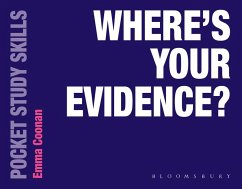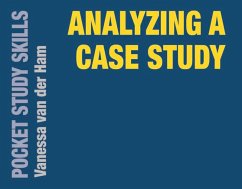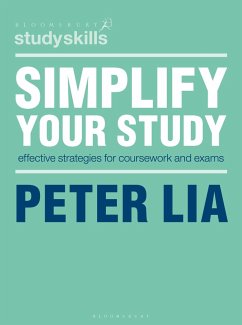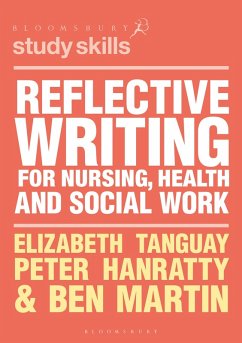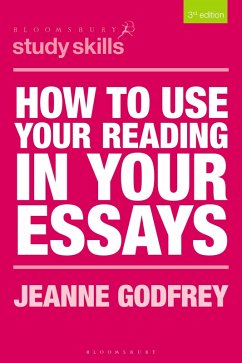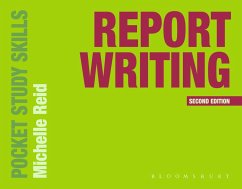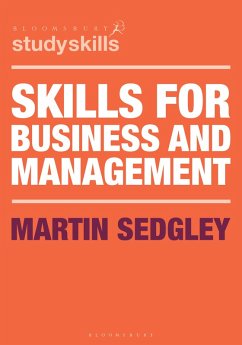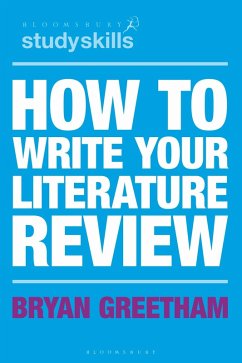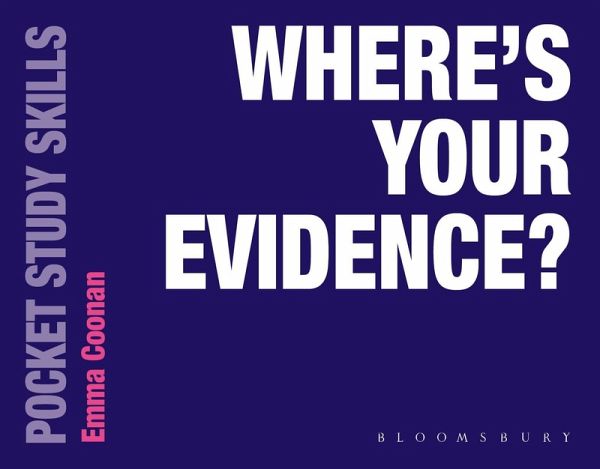
Where's Your Evidence? (eBook, PDF)
Versandkostenfrei!
Sofort per Download lieferbar
6,99 €
inkl. MwSt.
Weitere Ausgaben:

PAYBACK Punkte
3 °P sammeln!
This engaging guide will equip students with the knowledge, skills and tools to find and evaluate academic information in a critical, informed and thoughtful way. It begins by encouraging students to think about the purpose of their information search, before taking them step-by-step through the process of searching for information, from sifting through search results to critically evaluating information. The final part of the book explores finding and evaluating information in the wider world, and shows students how to put the skills they've learned into effect in the workplace and in daily l...
This engaging guide will equip students with the knowledge, skills and tools to find and evaluate academic information in a critical, informed and thoughtful way. It begins by encouraging students to think about the purpose of their information search, before taking them step-by-step through the process of searching for information, from sifting through search results to critically evaluating information. The final part of the book explores finding and evaluating information in the wider world, and shows students how to put the skills they've learned into effect in the workplace and in daily life.
This will be an essential resource for students of all disciplines who need to master the fundamentals of finding information.




